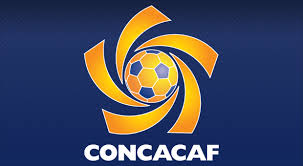By Paul Nicholson
July 7 – CONCACAF has published a ‘Reform Framework’ as the confederation covering North and Central America and the Caribbean seeks for the second time in four years to put in a place a robust governance and management structure that will take football in the region forward.
CONCACAF promises iron fist of reform as it shoots for ‘best practice’

